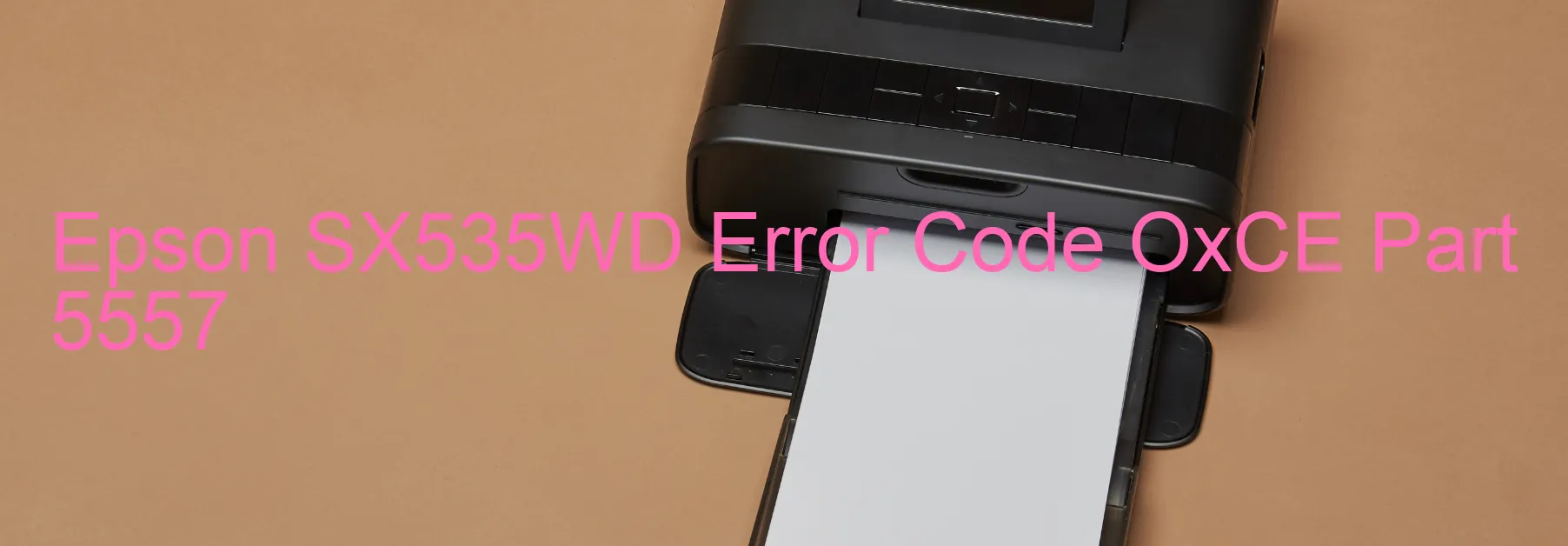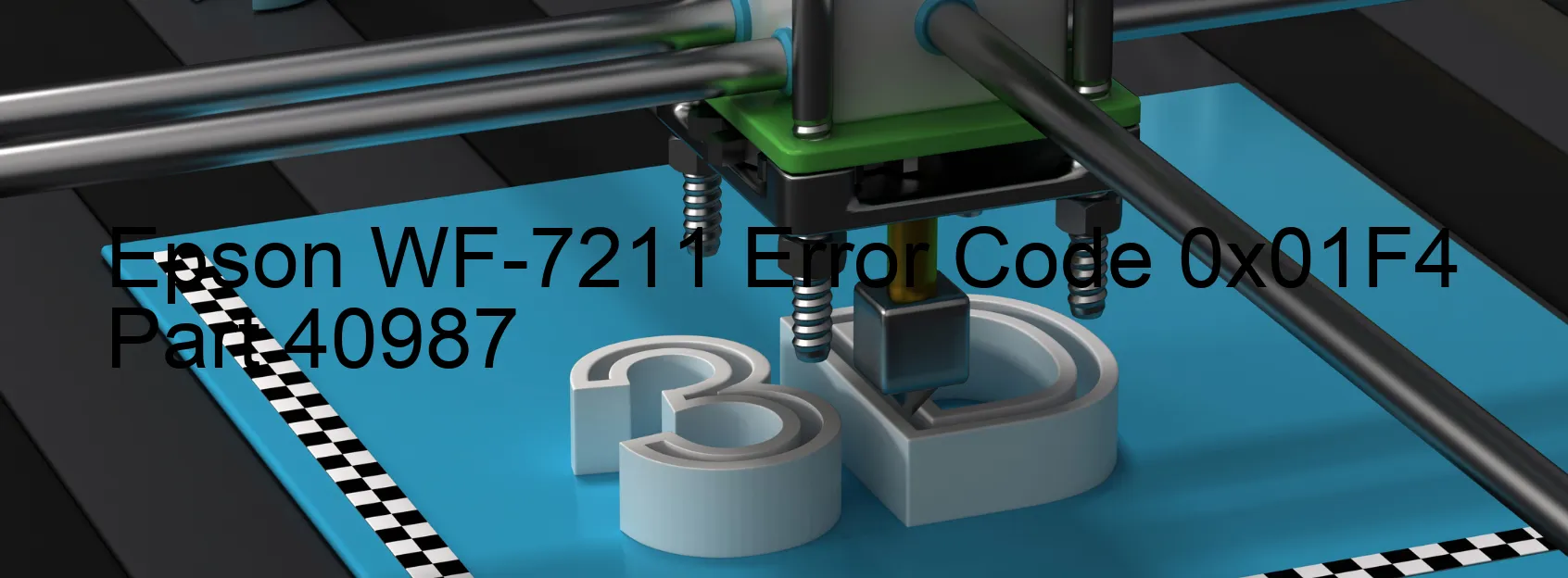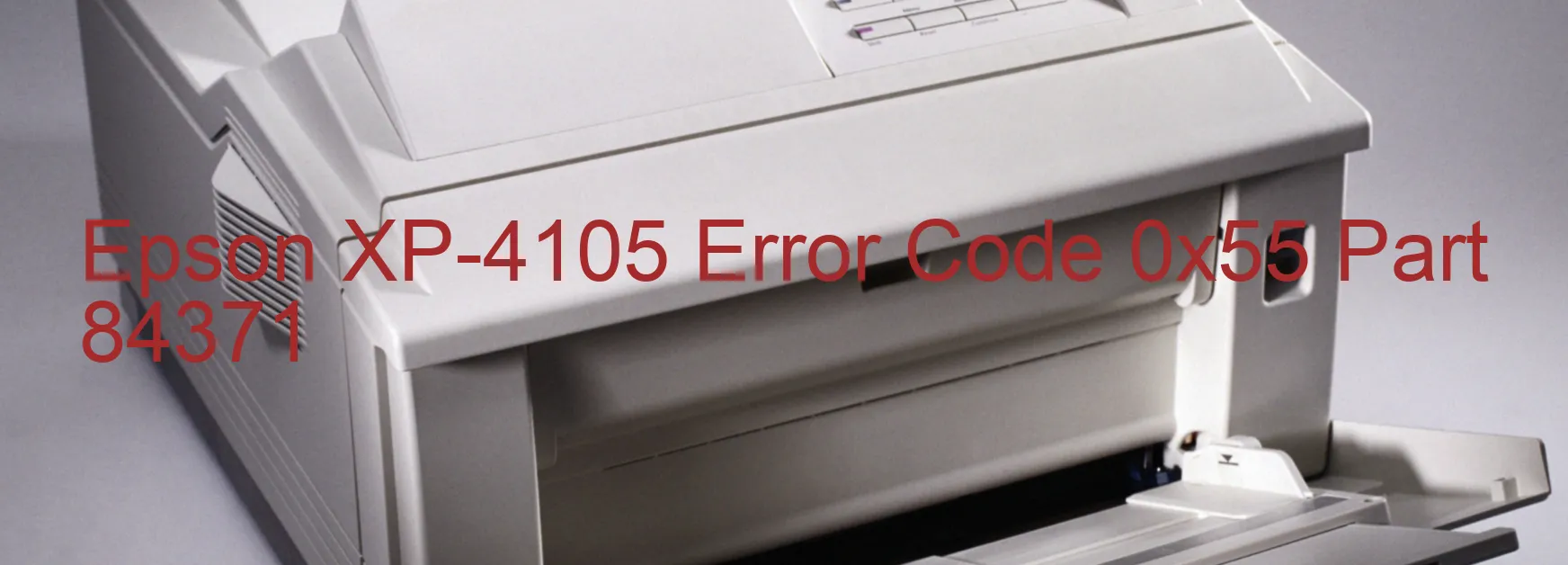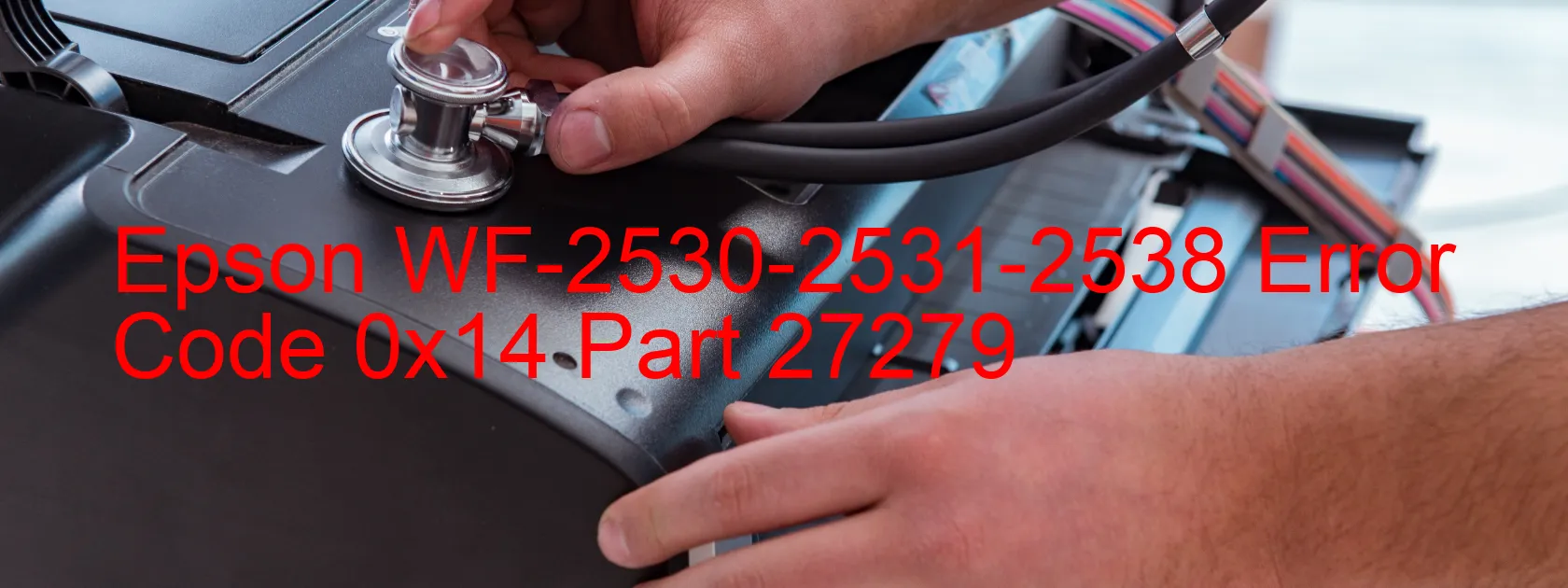Epson BX300F Error OxFA
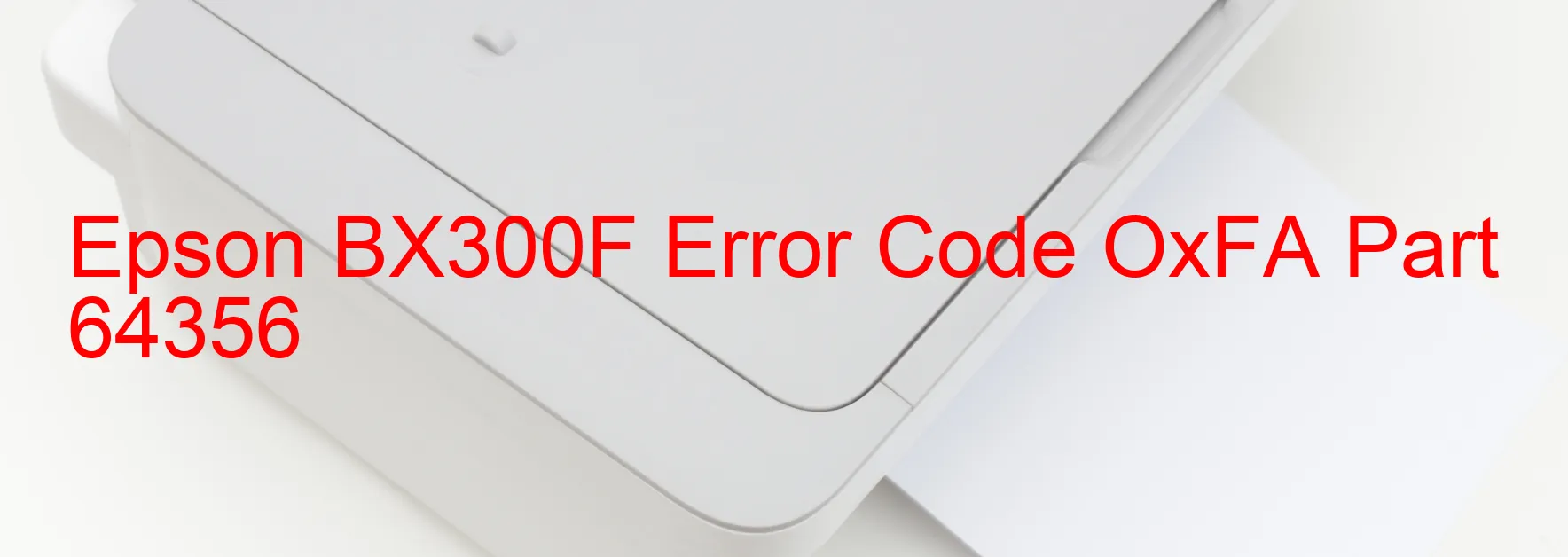
The Epson BX300F printer may encounter an error code OxFA, which is displayed on the device. This error indicates various potential issues related to the PF (Paper Feeding) load position. It could be caused by excess load, encoder failure, PF motor failure, PF mechanism overload, cable or FFC disconnection, or tooth skip/improper tension of the timing belt.
When the printer experiences excess load on the PF load position, it is unable to successfully feed the paper, resulting in the OxFA error code. Encoder failure refers to a malfunction in the device’s encoder, which leads to inaccurate paper detection. PF motor failure can occur if the motor responsible for paper feeding becomes defective, hindering the printing process. PF mechanism overload happens when the mechanism that handles paper feeding gets overloaded due to excessive use.
Cable or FFC disconnection refers to a connectivity issue within the printer, specifically the cables or flexible flat cables (FFCs) responsible for transmitting signals. If they become disconnected, the printer may encounter the OxFA error code. Lastly, tooth skip or improper tension of the timing belt refers to a problem with the belt responsible for moving the printing mechanism. If it skips teeth or has incorrect tension, it can result in errors like OxFA.
To troubleshoot these issues, it is recommended to check for paper jams or any obstructions in the PF load position. Restarting the printer can also help resolve temporary glitches. If the error persists, it is advisable to contact Epson customer support or a professional technician for further assistance. They can diagnose the problem accurately and provide suitable solutions to rectify the specific error causing the OxFA display on the printer.
| Printer Model | Epson BX300F |
| Error Code | OxFA |
| Display on | PRINTER |
| Description and troubleshooting | PF LOAD POSITION excess load error. Encoder failure. PF motor failure. PF Mechanism overload. Cable or FFC disconnection. Tooth skip or improper tension of the timing belt. |



